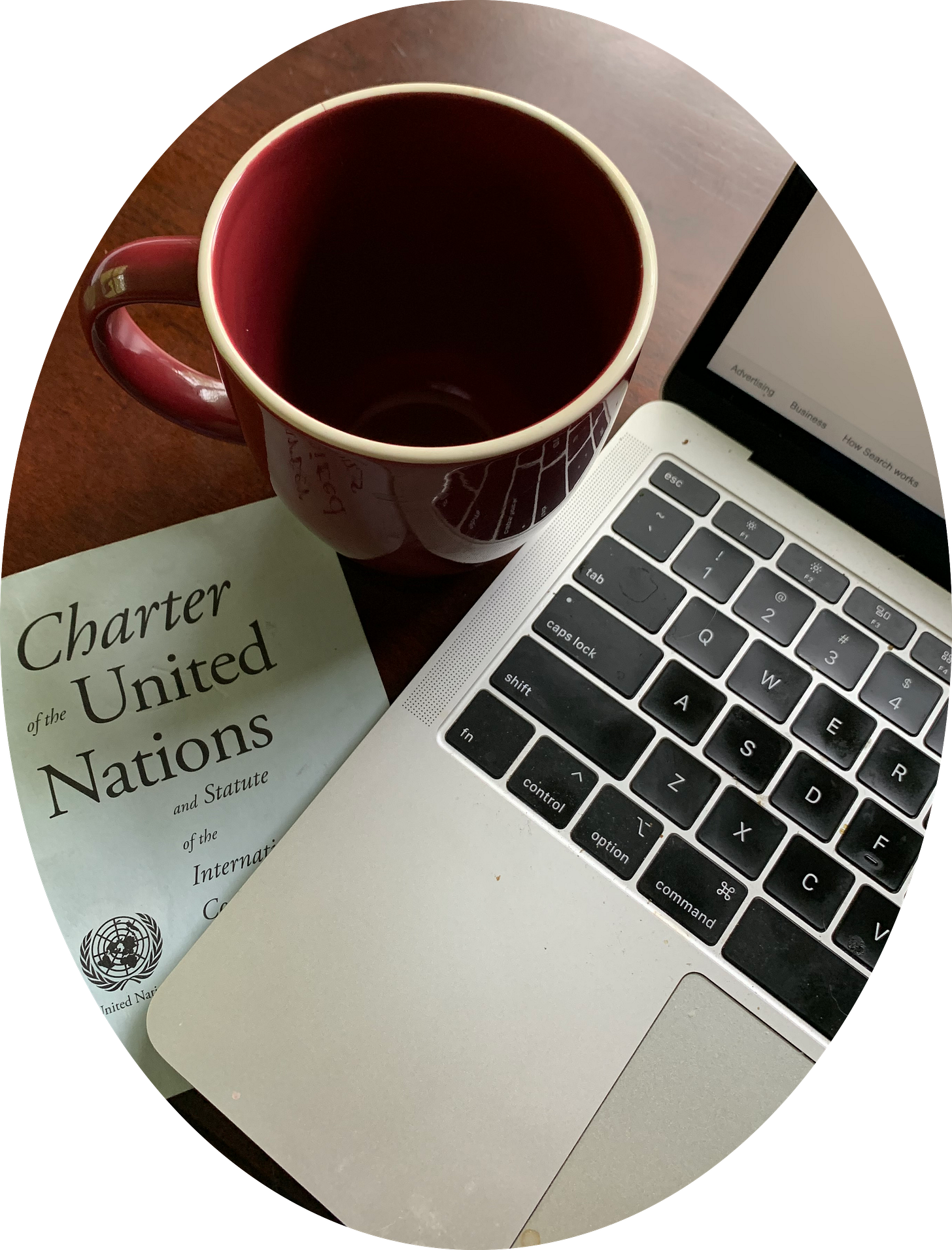Morning Multilateralism
Monday, June 29 2020

Germany assumes the presidency of the Security Council on July 1 and will reportedly make another push for a coronavirus resolution. Previous attempts foundered on U.S. objections to including in the text a reference to the World Health Organization. At this point, the push for a resolution appears to be almost as much about defending the honor of the Council as it is accomplishing anything substantive. “It cannot be that the Security Council remains speechless when the whole world is dealing with such a pandemic,” said Germany’s foreign minister.
Europe’s trade commissioner Phil Hogan announces that he will not be a candidate for the top spot at the World Trade Organization. According to the WTO, that decision leaves five officially announced candidates. As is often the case with multilateral leadership posts, there are informal norms about the regional rotation pattern. But as Bloomberg’s Bryce Baschuk explains, there is sharp disagreement about what exactly the WTO’s rotation pattern is:
Trade officials from the U.S., EU and Canada say the next WTO director-general should come from a developed country due to their belief that the organization’s leadership should rotate between developed and developing countries. Not all delegates agree on this, however, and representatives from African nations argue that it’s their continent’s turn to take on the top mantle of the WTO.
Adding to its recent loan from the International Monetary Fund, Ukraine is set to receive $350 million from the World Bank. Meanwhile, a top Lebanese minister resigns, deepening uncertainty about the country’s negotiations with the IMF. Last week, IMF chief Kristalina Georgieva said the key challenge is whether the country can “carry forward a set of very tough but necessary measures.” The IMF carried out a major review of its conditionality policies in 2018, and Lebanon appears likely to emerge as a notable test of those reforms.
Iran issues an arrest warrant for Donald Trump, accusing him of murder and terrorism in the January killing of Iranian general Qassem Soleimani and others. Tehran is reportedly seeking Interpol’s assistance in enforcing the warrant through issuance of a “Red Notice.” Interpol will almost certainly deem that request impermissibly “political.” But what exactly makes an arrest warrant political? For more on the history and politics of these Interpol notices, see this article in the Journal of Democracy.

